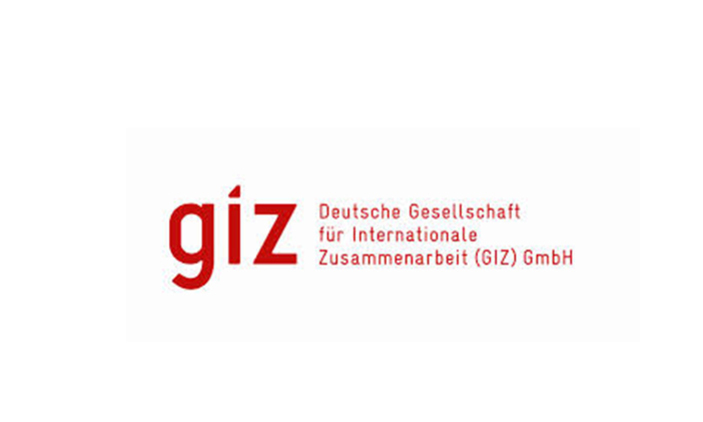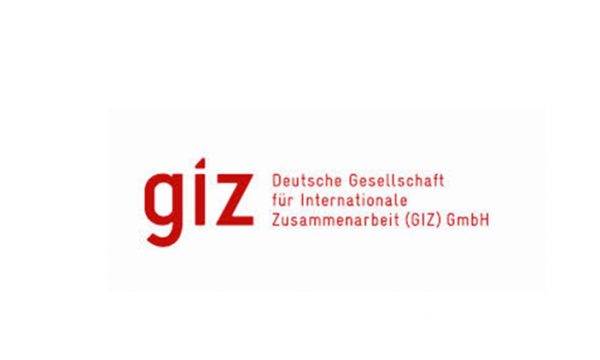The German Corporation for International Cooperation (GIZ) says it plans to boost the production and trading capacities of about 5,000 leather and garment businesses in Aba in the coming months. The organization intends the program to be part of a countrywide effort, which should help improve several industrial value chains in locations across Nigeria.
Yakubu Paiko, the GIZ’s Access to Finance advisor, made this known in an interview with the press on Tuesday. He explained that the Aba project comes under a broader initiative, the Nigerian Competitiveness Project, which is being funded by the European Union.
According to him, there were also plans to boost selected value chains, including tomato, chili pepper, and ginger. But the focus on Aba was specifically for its garment and leather production and distribution industries, which are among the largest in the country.
Beneficiaries of the intervention will be trained in the skills they need to raise the quality and quantity of their output, and get exposed to the technologies they could leverage to achieve these goals. They will also be connected to global markets through major players the textile and leather sectors.
Mr. Paiko also promised that the GIZ would work with the Central Bank of Nigeria (CBN), the Bank of Industry (BOI), and commercial banks to help these businesses access the loans they need to scale. These financial institutions, as well as the Abia State Government, are expected to be at the launch of the program later in August.
The GIZ has been operating in Nigeria since 1974 and has maintained a permanent local presence through its Abuja office since the mid-2000s. Working with the sanction of the German Ministry for Economic Cooperation and Development, it collaborates with local authorities to improve economic conditions, tackle the effects of climate change, and advocate for the strengthening of democracy and good governance in the country.
It recently announced that it would be equipping 35,000 young Nigerians with the skills required to become gainfully employed in the agricultural and construction sectors.
There’s been more than a little bit of interest in Aba’s industrial potential from international organizations in recent times. In June, Google revealed that it would be bringing its Digital Skills program to the city’s commercial quarters so that its manufacturers would learn to market their products to a global market using digital tools.
Aba’s business people will be hoping to ride this wave of support to strengthen their production capacities and reach new markets.
Featured image source: New Vision


